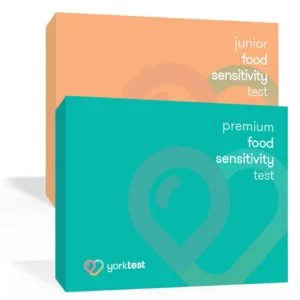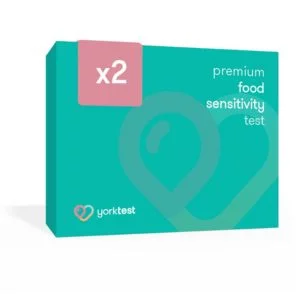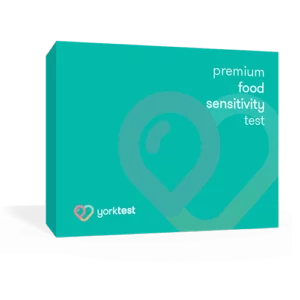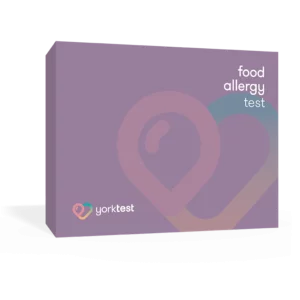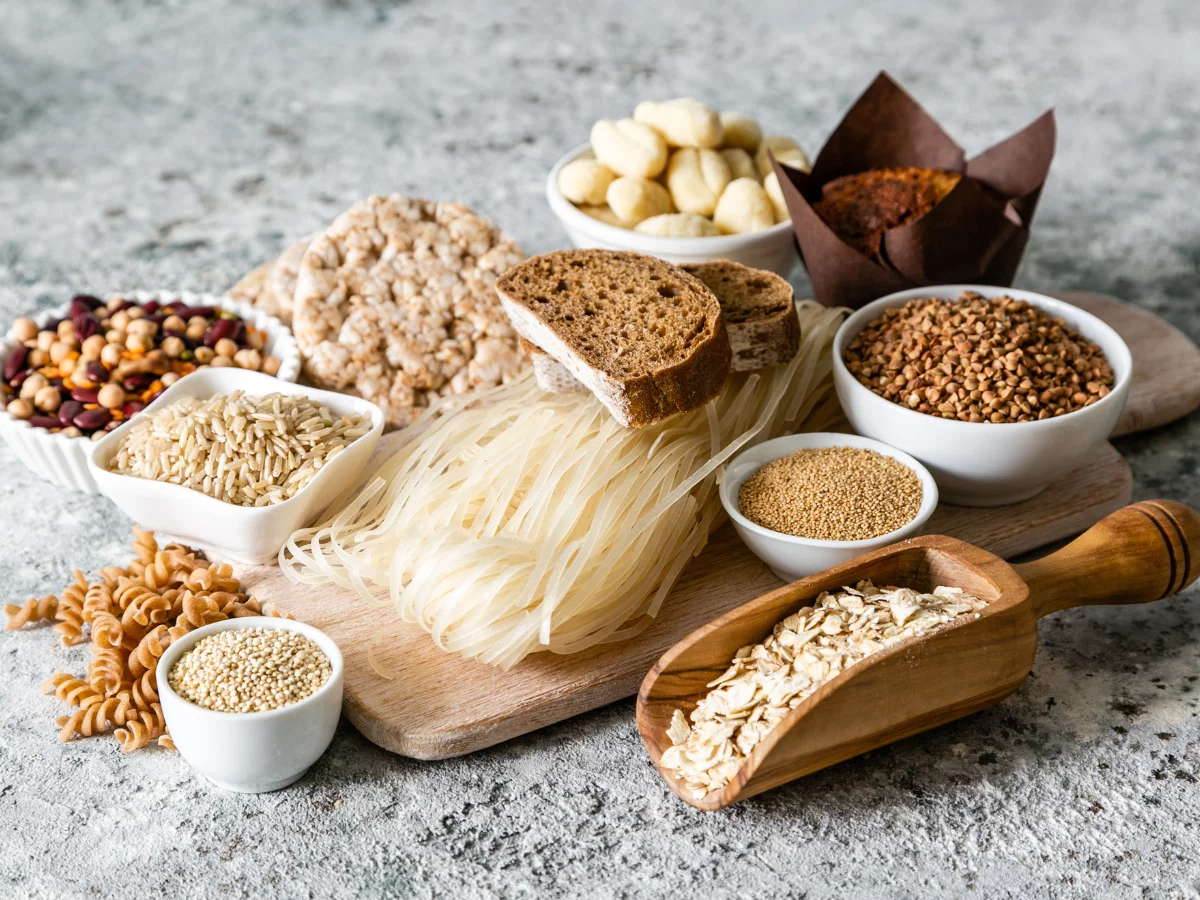Do you suffer from bloating? It can be a horrible experience and very uncomfortable to those who suffer from it, particularly if this is a regular occurrence. Always looking to help, at yorktest we want to inform you about some of the causes of bloating and show you some methods to help to relieve the discomfort and physical appearance of stomach bloating.
Causes of bloating
So what is responsible for bloating? Unfortunately there is no single answer; however, here are some of the most popular causes of bloating.
Gas sometimes bloating can be exactly what it feels like and be caused simply by an excessive build-up of gas in the intestine which leads to that uncomfortable stretched feeling.
Swallowing too much air this can happen by talking whilst eating, chewing with your mouth open and chewing gum.
IBS – while bloating is not suffered by all those with IBS, it is a very common symptom of the condition.
PMS – some women find that PMS is accompanied by bloating, indigestion and constipation
Coeliac disease – excessive bloating might be a sign that the intestine is reacting to the gluten in your diet- meaning you could be suffering from coeliac disease.
Food intolerance – if you regularly feel bloated and have been feeling so for a long period of time, this could mean that you have food intolerance. This can manifest itself in three ways: Firstly, too much gas may be produced in reaction to the food. Secondly as a result of food intolerance, your bowel may not empty properly and thirdly the food may cause the gas to be trapped.
While this is by no means an exhaustive list of reasons why you may be bloated, these common causes may give you some insight into what is causing you so much pain. If you are concerned about your bloating you should get checked out by your GP.
Treatment of bloating
So now you know some of the causes, but how can you get rid of bloating? Obviously this may depend on your reason for suffering from bloating, but for some general tips and hints read on.
In the short term
They may not stop bloating completely, but here are some quick fixes which may help alleviate your discomfort.
Abdominal massage – light massage of the abdomen in an anticlockwise direction has been known to help treat bloating as it may help release trapped gas in the gut.
Exercise – Physical activity, even something as simple as a 10-30 minute walk can help gas pass through your digestive system quicker and easier, helping relieve bloating in addition to all the other health benefits of exercise.
Herbal teas such as mint or chamomile can help soothe the system
Longer term treatments and lifestyle choices
Bloating can remain for long periods of time, continuously causing physical discomfort as well as making you feel insecure about the way you look. Here are some longer term solutions to bloating.
Gas build up is usually caused by FODMAP (Fermentable Oligosaccharides, Disaccharides, Monosaccharides and Polyols) foods. These foods contain carbohydrates which are difficult for the body to digest in the intestines and travel through your digestive system into the lower intestine where they are fermented by the bacteria present in this part of the body- a process which releases gas. There are a number of high FODMAP foods, some which may seem obvious, but others which could surprise you. Here are some examples of high FODMAP foods:
1) Cabbage
2) Brussel sprouts
3) Foods high in Fructose (fruit sugar) such as apples and corn syrup containing food.
4) Foods based on Lactose (milk sugar)
5) Foods high in Fructans which are found in numerous vegetables and also wheat
6) Foods that contain sugar alcohols- this includes artificial sweeteners and some fruits
7) Foods based on Galactans- Legumes such as beans and peas.
– Salt and sodium rich foods are well known contributors to bloating so try and avoid over-eating these foods.
– Increase the amount of potassium rich foods you eat. Common foods include sunflower seeds, almonds and mushrooms.
– Avoid carbonated drinks as they will only add to the gas in your digestive system.
– Start taking probiotics – these can help maintain digestive health and regular bowel movements by ensuring a healthy culture of bacteria is maintained in your gut.
– Eat food slower and in smaller portions – both of these will prevent you from bloating caused by over eating.
– Identify which foods you react to and then engage in an elimination diet of these foods. The best way to do this is to do a food intolerance test. At yorktest we specialise in food intolerance, so why not order our FirstStep Test for just £24.99 today to discover if you have any intolerances.
Bloating is a treatable condition that you need not suffer from. We hope we have given you some useful pointers on how to treat your bloated stomach or what may be the cause of it. Our expert Nutritional Therapists aim to give the best advice possible and if you are still curious as to whether your bloating might mean you have food intolerance, find out more here.
Choose the test that’s right for you
What our customers say about us on Trustpilot
Customer Testimonials
Emily Catterall, 24: IBS
“I feel like I’m in a new body! I’m so much healthier. I can’t tell you how amazingly different I have felt since!â€
Sally Gunnell OBE, 52: Energy levels
“I’m not waking up as much during the night, not as bunged up in my nose and I’ve got so much more energyâ€


